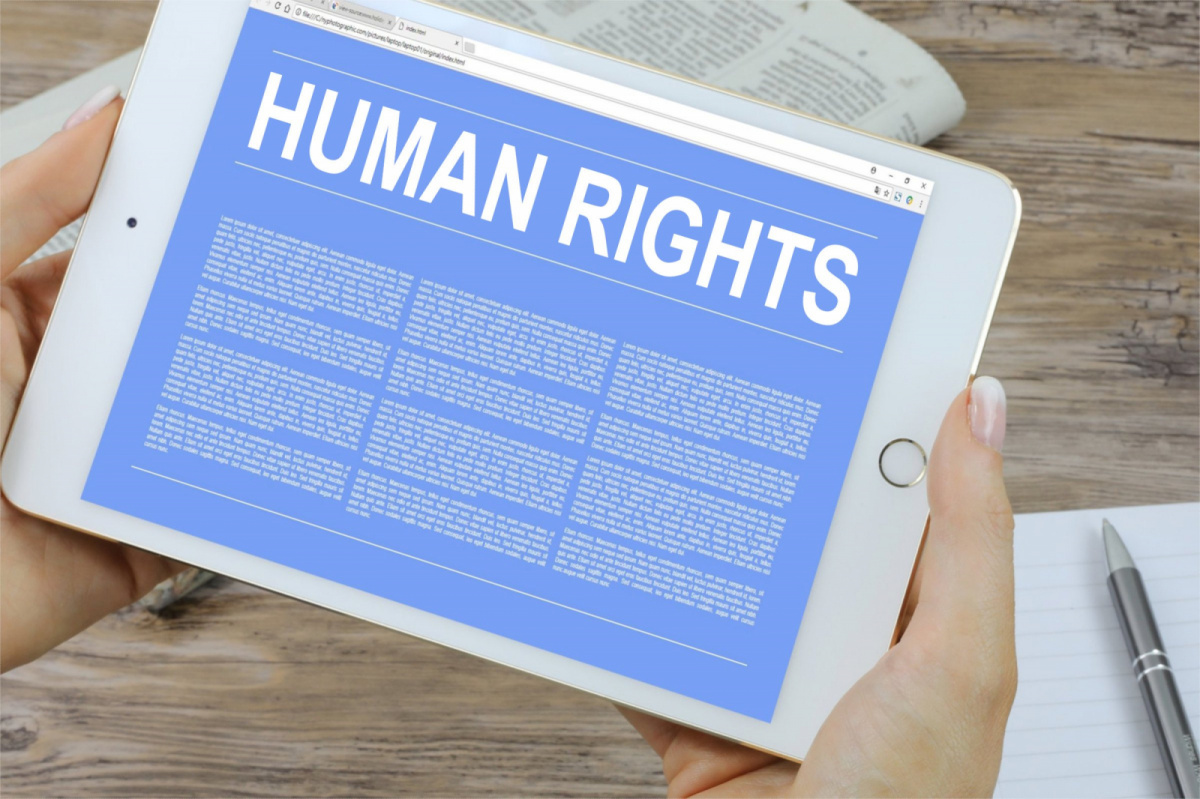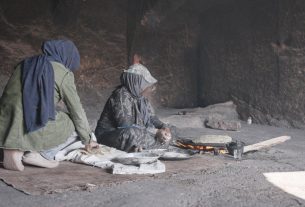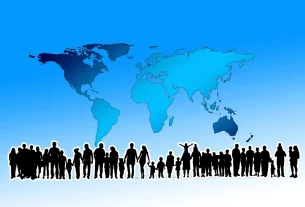The United Nations has called on Iran to immediately suspend its use of the death penalty following a dramatic rise in executions. According to the Office of the High Commissioner for Human Rights (OHCHR), at least 612 people were executed in the first half of 2025—more than double the number recorded during the same period in 2024.
UN Condemnation and Legal Concerns
UN High Commissioner for Human Rights Volker Türk described the escalation as “deeply disturbing” and emphasized that over 40% of those executed were convicted of drug-related offenses, which do not meet the threshold for capital punishment under international law. Others were sentenced under vague charges such as “enmity against God” and “corruption on earth,” often used to suppress dissent.
Türk also raised alarm over systemic violations of due process, noting that many death sentences were issued following closed proceedings that failed to meet fair trial standards.
Proposed Espionage Legislation
The High Commissioner criticized a draft espionage bill under review by Iran’s Guardian Council, which would expand capital punishment to include acts such as online communication with foreign media or ideological alignment with external entities. He urged the bill’s withdrawal, warning that it dangerously broadens the scope of capital offenses.
Broader Human Rights Concerns
UN experts and special rapporteurs have echoed Türk’s concerns. In 2024, Iran recorded over 900 executions, making it the highest per capita user of the death penalty. The rise in executions of women and individuals linked to protests has drawn particular scrutiny.
Human rights organizations have also condemned the upholding of the death sentence against Kurdish activist Pakhshan Azizi, citing allegations of torture and lack of fair legal representation.
Call for International Action
Human Rights Watch reported 478 executions by May 27, 2025—a 75% increase compared to the same period in 2024—with 113 executions occurring in the first 25 days of May alone. UN officials and NGOs are urging coordinated international pressure to halt Iran’s use of capital punishment and implement a moratorium in line with global human rights standards.



